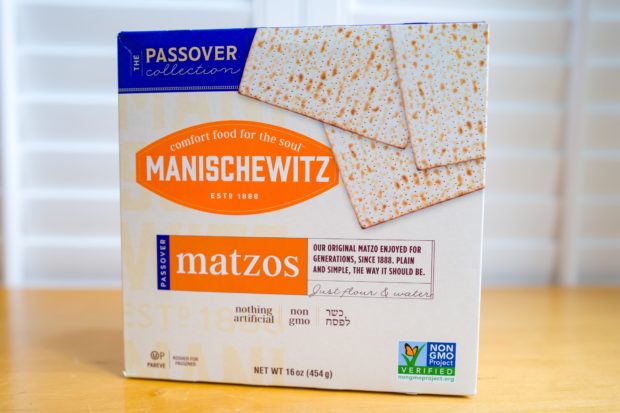As published in Columbia Journalism
#WhenThisIsOver I’ll Actually Appreciate Matzo
Jane R. Eisner | jre17@columbia.edu

It is known as the “bread of affliction” for good reason. Matzo, the unleavened flatbread that Jews eat during the week of Passover in place of bread and other leavened food, is intended to remind us of hardship and flight. The ancient Israelites baked this bread quickly, before it had time to rise, as they hastily prepared to leave Egypt for their long march to freedom.
With a texture like corrugated cardboard and a taste to match, matzo is the bane of anyone trying to keep a home clean during this holiday. It crumbles as easily as Donald Trump’s ego, and leaves such an unappetizing mess that even our dogs wouldn’t touch it when it sprinkled on the floor.
Around this time in the holiday cycle — day five, or so — I would usually tire of eating this mandated mouthful. Really, how many times could I melt cheese on a matzo sheet and pretend I was eating a gourmet sandwich?
But the experience of this Passover has turned my hardened heart into a grateful one. Matzo, I now realize, is the perfect pandemic pantry item.
It lasts, well, forever. (I never understood the notion of “fresh matzo.” How could it taste less stale?)
It can be combined with other stay-at-home staples — eggs for matzo brei, peanut butter for something sticky, jam for something sweet, melted chocolate for something really sweet. In the morning, I break it up in tiny pieces, dry roast it on the stove, add raisins and nuts, and voila — an ersatz granola that will never see its expiration date.
The bread of affliction has become the manna of rescue. I used to scoff at my husband when, during the year, he kept an extra box of matzo to use in an emergency. No more. #WhenThisIsOver, I will appreciate that crumbly cracker anew. And I’ll think twice before ever buying bread again.
